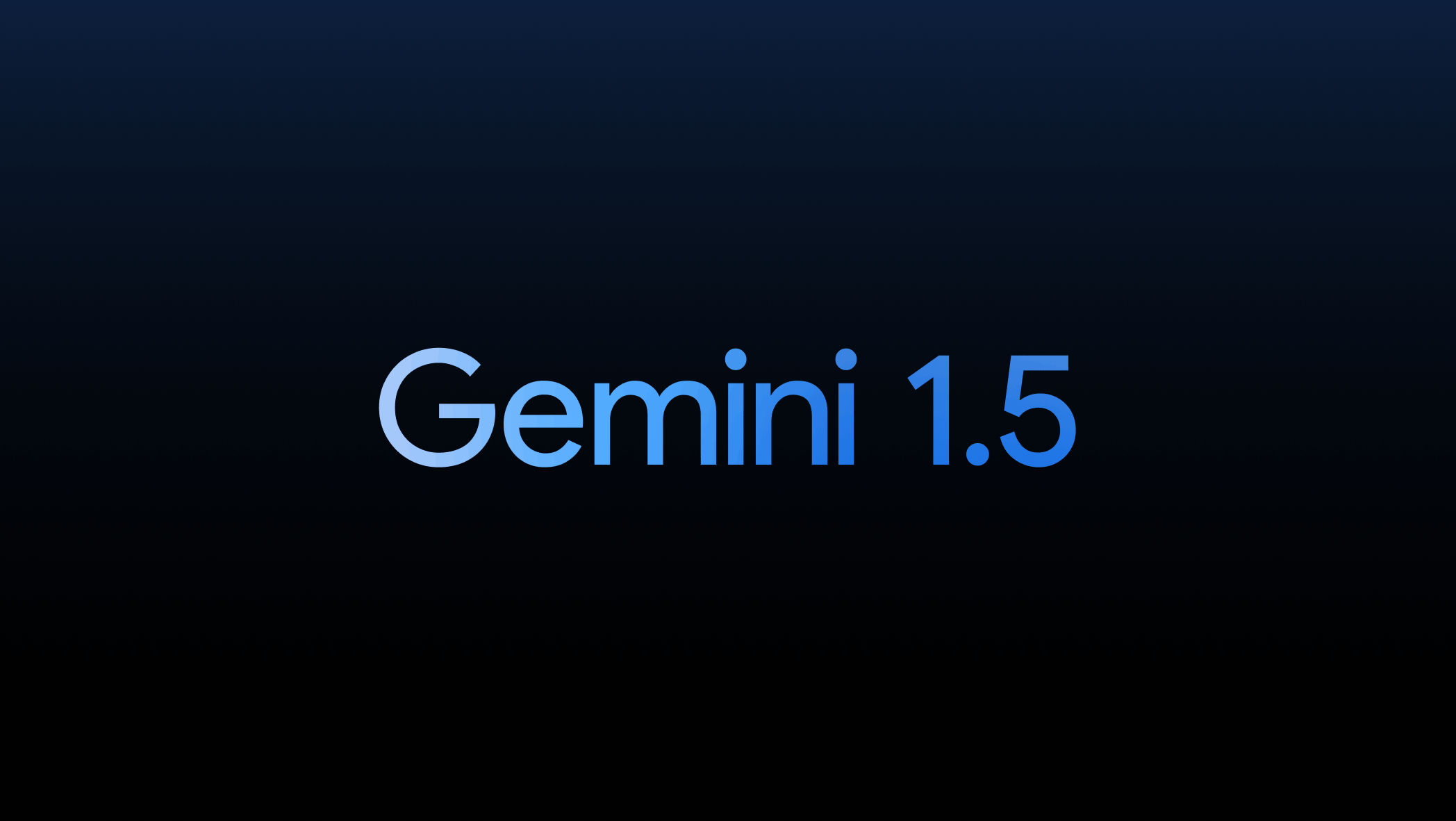It's Music Week on Inside Guide
This summer is a weird one. The season known for long days, beaches and cross-country road trips has moved indoors, where a lot of us are spending more time hanging out at home with our families. In this alt-version of summer, people are searching for new ways to spend their time—and we’d like to help.
Since 2009, we’ve been building a series of small applications that test the limits of what’s possible using new web and mobile technologies. We call them “Experiments,” and we built them to challenge ourselves, inspire the broader developer community and help everyone have the chance to learn, investigate their universe and have a little fun.
We’ve decided to bring together some of our favorite experiments, games and activities in the newly-launched Inside Guide—which is organized by themes like Art, Nature, Culture and this week’s focus, Music. You can explore how music works with the Chrome Music Lab. Then take it to the next level and make music just by moving your body with Body Synth, or invite your friends to play live music with you on the web with the Shared Piano—one of our favorites.
Shared Piano is a new tool for remote music teaching and collaboration that lets you play together live. You can play on MIDI or computer keyboards with up to 10 people at once. You don’t need to login or install anything. Just send a link and start playing together. We’ve gotten great feedback from music teachers and friends using it to play music together, and we hope to continue evolving it based on feedback.
In the coming weeks we’ll be highlighting more experiments as well as a few ideas on how to use them.
Play word guessing games with the machine
Quick Draw is an experiment where you are given a word like “snowflake,” “swan” or “bear” and asked to sketch it. A neural network powered by machine learning will then try to guess what you’re drawing. Think Pictionary on game night if one of your friends was a computer. Of course, it doesn’t always work. But the more you play with it, the more it will learn.Text like an (ancient) Egyptian
For centuries, from epigraphy pioneer Georg Fabricius to The Bangles, hieroglyphics have prodded our curiosity. We thought we’d take a swing at decoding them. Check out Fabricius, a new Lab Experiment from Google Arts & Culture that uses machine learning to help experts decode the stories of ancient Egypt. Today, you can use this technology to send your friends coded messages in hieroglyphs, the emojis of ancient Egypt.Take a virtual vacation to Mars
The Curiosity rover landed on Mars on August 5, 2012, and today you can take that trip through an immersive web experience called Access Mars. Access Mars features some of the most important locations from the mission, key points of interest, and narration from NASA JPL Mission Scientist Katie Stack. Start exploring Mars today.
These are just a few of the experiments, activities and games you’ll find in the Inside Guide. Since the pandemic started, we’ve noticed a major uptick in traffic from people looking for ways to learn about the world and have a little fun while they’re staying home. They’re learning more about 100 historic American women through Notable Women (and seeing them on U.S. currency), and joining friends at Puzzle Party, an experiment which lets you reconstruct some of the world’s greatest works, from Japanese master Hokusai’s The Great Wave off Kanagawa to Andy Warhol’s portrait of Gracy Kelly.
Check out these experiments at g.co/insideguide.







